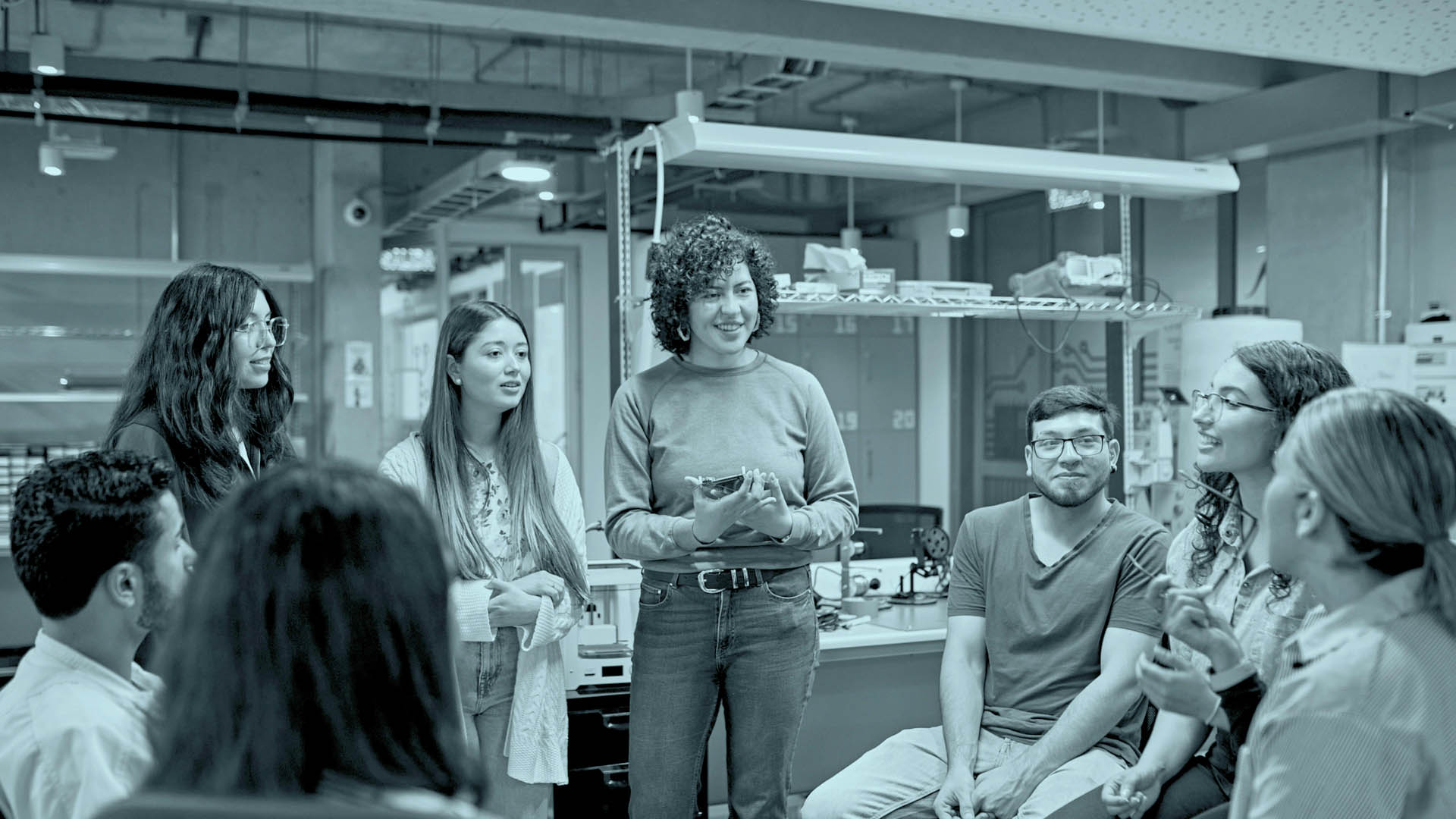Rural and regional communities are at the frontline of our biggest scientific, technical and engineering challenges. They are central to sourcing the resources we need, constructing distributed renewable energy systems, managing precious water resources, constructing climate-ready transport and infrastructure, and producing the nation’s food. These communities can thrive in response to these challenges, but only if we train young people Australia-wide for future jobs powered by engineering, science and technology.
Enabling greater participation in higher education throughout people’s careers brings about a more productive and capable workforce, better able to adapt to the changing circumstances of modern work. A 35-year-old mine mechanic with a family and a mortgage should not need to complete four years of on-campus study to gain a traditional engineering degree to contribute to the roll out of renewable energy.
The Accord finds that Australia is not meeting its current skills needs and will need to massively increase tertiary education attainment to meet future requirements. The Australian Academy of Technological Sciences and Engineering (ATSE) has long argued that the solution to ongoing skills shortages is to upskill those who have historically been excluded from education and training.
Our 2022 report, Our STEM Skilled Future, exposed that Australia’s workforce needs to be more resilient and responsive. The Accord’s approach of ‘demand-driven places for equity students’ is a blueprint for solving these long-running skills shortages, including in the STEM workforce, to deliver national projects such as the energy transition.
The recommendations of the Universities Accord are wide-ranging, but one thing is clear: they require implementation, not equivocation. The challenges to our future wealth are pressing, and the benefits of investments made even today will take time to realise. Education to build productivity, capability to redress neglect and flexibility to respond to a rapidly changing world, takes time to build. A complex, sophisticated, resilient economy takes time to build.
The earlier we can invest in equitable education and our future capability, the better equipped we will be to embrace the changes taking place under our feet. Diversity in our science and engineering workers will supercharge our creative problem solving and empower us to meet the challenges and opportunities of the coming years. Doubling the number of Commonwealth supported university places through to 2050, as recommended, will enable more people to upskill and reskill in the decades to come, supporting greater employment, productivity and earnings throughout the country.
ATSE is already working to increase the diversity and effectiveness of our STEM workforce. Our highly regarded Industry Mentoring in STEM program – IMNIS – has already connected 2000 recent graduates with senior engineers and scientists working in industry, providing job opportunities and pathways to impactful work for more diverse communities.
Between 2023 and 2028, ATSE’s Elevate scholarship program will support more than 500 women and non-binary people from around the country by reducing the barriers to entry to university studies through full degree scholarships and mentoring; 45 per cent are from rural and regional communities and 9 per cent from Aboriginal and Torres Strait Islander backgrounds.
Indigenous communities are particularly underrepresented in STEM higher education, with less than 1 per cent of Aboriginal and Torres Strait Islander adults holding a university STEM qualification, compared with 5 per cent of the non-Indigenous population. Incorporating Traditional Knowledge and Indigenous leadership throughout the university sector will help increase participation, educational outcomes and enrich all Australian society.
It will not be easy, but it is important for the government to commit to implementing the Accord recommendations in full. Our future economic prosperity, and our future workforce, depends on STEM-educated people. If we are to solve the challenges facing us, we need more people to enjoy the benefits of a high-quality education, and support them to thrive in their communities and regions.
Dr Katherine Woodthorpe AO FTSE is president of the Australian Academy of Technological Sciences and Engineering (ATSE). Professor Mark Hoffman FTSE FIEAust FRSN is Vice-President of the Australian Academy of Technological Sciences and Engineering (ATSE) and Deputy Vice-Chancellor (academic) of the University of Newcastle.
This article was originally published in The Australian on Feb 29, 2024.








